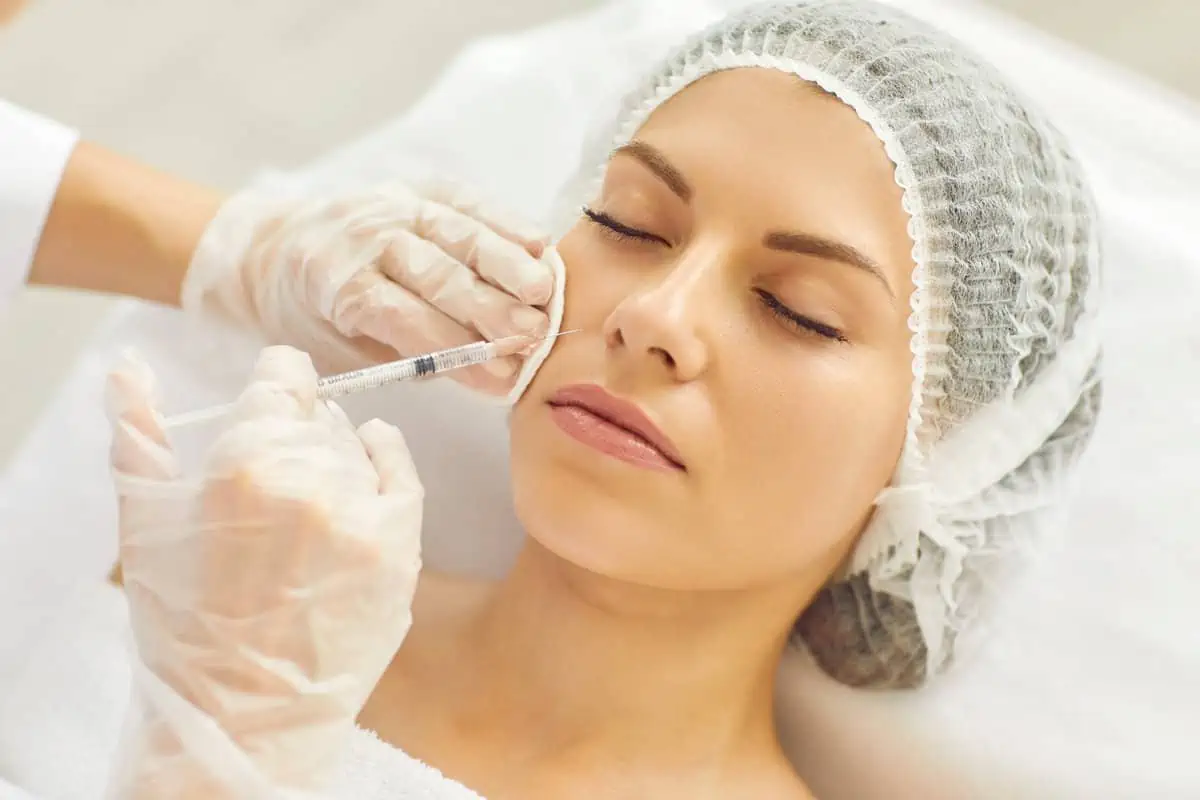Dermatology is a medical field that is often misunderstood. Providers who care for your skin, hair, and nails might seem elementary compared to other medical professionals. Dermatology is an essential, very specialized branch of today’s medicine. Are you wondering why people go to dermatologists—or if you should, too?
Today, we are here to help explain the ins and outs of this vital part of health care. Read until the end to enrich your knowledge about this popular industry.
What is Dermatology?
Dermatology involves studying, researching, diagnosing, and managing common health concerns that affect the parts of our bodies, like the skin, hair, nails, and membranes. Dermatologists are health professionals who administer procedures and specialize in this healthcare field.
The skin is the body’s largest organ, acting as a barrier that protects our internal organs from unwanted injury and undesirable bacteria. In addition, it is a good indicator of our body’s overall health, making the field of dermatology important in diagnosing and managing many health conditions.
Therapies in Dermatology
In the management of our skin conditions, there are several types of dermatological therapies that are administered and may include:
- Dermatohistopathology
- Immunotherapy
- Laser therapy
- Photodynamic therapy
- Phototherapy
- Radiotherapy
- Surgery
- Systemic medications
- Topical medications
Every therapy in dermatology has a specific role in managing particular dermatological conditions. The most common type of treatment is topical agents, which are offered at Misty’s Medspa and Skin Rx. They can be applied directly to the affected area for the desired effect. However, other types of therapy are essential for other conditions or particular purposes.
Dermatology as a Profession
A dermatology health care professional specializes in dermatology in diagnosing and treating skin, hair, and nail conditions.
Skilled dermatology professionals may perform skin surgery to prevent or control skin diseases such as skin cancer, improve the aesthetics of the skin, or diagnose a skin condition. These experts are also responsible for the treatment decisions of various dermatological conditions with many therapies, including topical, systemic, and other treatments.
Why Go to a Dermatologist?
People often seek dermatology to consult issues that usually include acne, rashes, psoriasis, or other related conditions. Many first visit these experts for screenings, especially to see if any of their moles are cancerous or pre-cancerous. These concerns may need serious attention and treatment already. In addition, symptoms and warning signs for many of these conditions can appear initially on their skin. For example, skin conditions such as acanthosis nigricans can often be a warning sign of pre-diabetes. Early treatments because of these findings can help prevent the development of this concern into full-blown diabetes.
Dermatologic Conditions
Hair, skin, or nail conditions are prevalent, and almost everyone experiences symptoms of one or other dermatologic disease at some point in their life. On average, one in six (1:6) visits to general practitioners involve problems with the skin. Some of the most common dermatologic conditions include:
- Acne – are pimples on the skin resulting from the inflammation of the sebaceous glands.
- Cold sores/fever blisters – are inflamed blisters near the mouth brought about by the virus herpes simplex.
- Dermatitis – is a condition of red, irritated, or itchy skin.
- Eczema – is rough and inflamed skin that is very itchy and may potentially bleed.
- Fungal infections – are infections of the skin or nails caused by a fungus.
- Psoriasis – is itchy, red, scaly patches on the skin.
- Skin cancer – is a severe condition of uncontrolled growth of cancer skin cells.
- Warts – are small hard growths on the skin caused by a virus (human papillomavirus – HPV).
In dermatology, each condition has characteristic symptoms and should be managed uniquely. Additionally, each case will vary considerably in severity, influencing treatment decisions.
Who Should See a Dermatologist?
It has been a usual misconception that only those with fair skin have the risk of developing skin cancer. On the contrary, any one of us can get skin cancer. Skin cancers found in people with darker skin are often diagnosed at later stages because those lesions are more easily overlooked. Anyone with a compromised immune system or receiving an organ transplant can be at greater risk for skin cancer and should regularly undergo screenings with their dermatologist.
Preparing for Your First Dermatologist Appointment
Practice the habit of doing regular self-checks of your skin. Try getting to know the moles you have in the body, where they are found, and what they look like in the flesh. It can also be helpful to keep and have notes so you can quickly inform experts in dermatology if any changes occur. Moles that become larger or change color, texture, or shape will be of particular interest to your dermatologist, as well as any spots that are itching, oozing, or bleeding.
Before your appointment, you should remove all nail polish from your fingers and toes. A dermatologist will need to see the skin under your nails for themselves, as skin cancer may develop there.
Expect During Your First Visit
Please wear comfortable clothes, loose enough so when asked to have these articles of clothing be removed would allow you to change into a gown easily. The dermatology professional will then examine your skin. Remember to point out any changes you’ve also noticed and parts of your skin that has become irritated. Your dermatology expert will help you determine your risk level for skin cancers, how frequently you should perform self-exams, and how often you should return to the dermatologist for routine screenings. They will also educate you on executing a self-exam and what to look for in a dermatologic procedure.
Final Takeaways
So much of dermatology is about preventive care. With the help of regular self-exams and routine screenings with your dermatology professional, you’ll better keep your body healthy by identifying and treating problem spots early and preventing them from developing into significant health issues.
Do you want to know more about dermatology? Our awesome Misty Med Spa and Skin Rx experts can help you today and guide you in the right direction. Visit them now! http://mistymedspa.com







